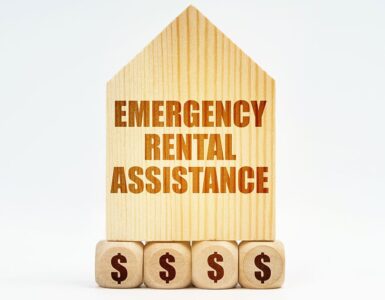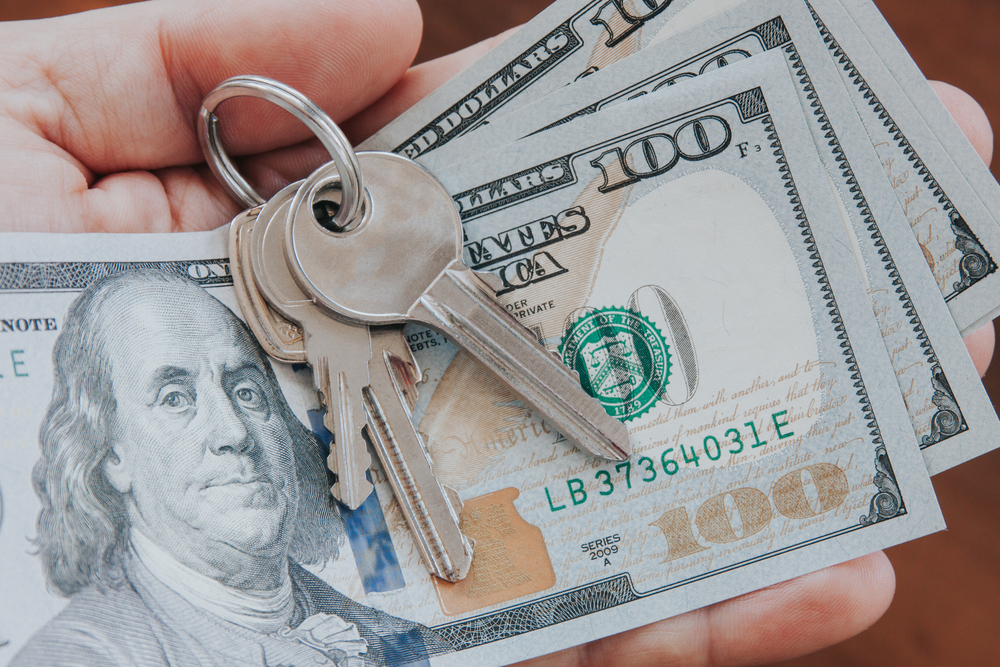Money problems won’t fix themselves. Whether your bills are too high or your income is too low, you’ll have to take steps to rectify the issue.
If you’re having trouble paying your bills every month, these are the steps that can get you on the right track.
1. Trim the fat.
Like most people, you probably have at least one unnecessary expense that’s bloating your budget. And if you want to know where to look first to find such an expense, analyze what you spend on entertainment.
Are you eating out or ordering delivery frequently? Do you have several subscription services like Netflix, Hulu, Spotify, and the like that you could do without?
If so, ditch every such expense that you can to leave more money for the essentials.
2. Pay the most important bills first.
There are specific bills that absolutely must be paid every month for you and your family to survive. These include things like electricity, water, rent/mortgage, and insurance. Put them at the top of the list of items to be paid.
Next, list all of your secured debts. These are debts with collateral attached to them, such as home equity loans and auto loans.
Lastly, list your unsecured debts. These get the least priority in terms of being paid since you only have so much money this month for your essentials. Unsecured debts include personal loans, credit card debt, and bills for services.
With your bills listed in tiers, pick out the ones you’ll need money for this month. The others will have to wait, and while your credit may take a hit, at least you’ll keep the lights on.
3. Call your creditors.
Since you’re looking at a long list of bills with little money to pay them, some creditors won’t get paid this month. Instead of keeping this a mystery, call them to let them know your situation.
Do this before the bill’s due date and see if you can get a reduced or deferred payment. You can also ask if they’ll give you a later due date or waive late fees to minimize the damage.
Not only can calling your creditors give you some breathing room when times get tough, but it can also keep your credit score from taking a hit that can affect you in the future.
If you have student loans, you’ll definitely want to make this call to your issuer. They can put a forbearance or deferment on your loan, which can keep you from having to make a payment soon.
The same holds true with medical bills. Call up the company who issues your statements, let them know you’re in a tight spot, and see if you can renegotiate the payments.
Whatever you do, don’t just ignore your bills without making any calls. It will only make your situation more expensive and stressful.
Increase your income
Sell all the stuff collecting dust around your home via a garage sale or online. Ask for extra hours at your current job. Ask friends and family if you can perform any services for cash so you can pay your bills.
Or you can pick up a side gig like babysitting, pet sitting, or something similar to give you the cash you need to make payments on time.
You’d be surprised at how resourceful you can become if you just sit down, analyze your situation, and make the right moves.




